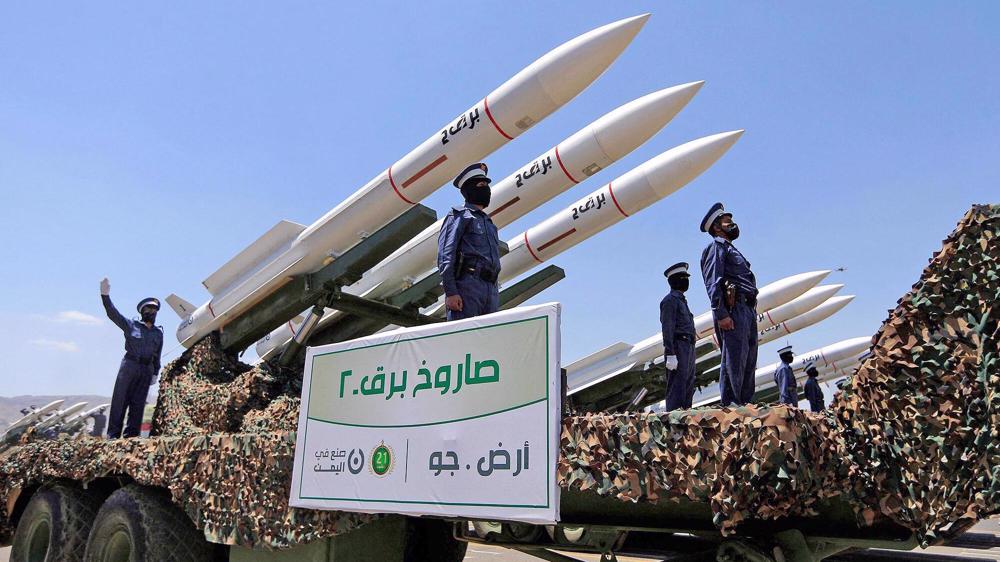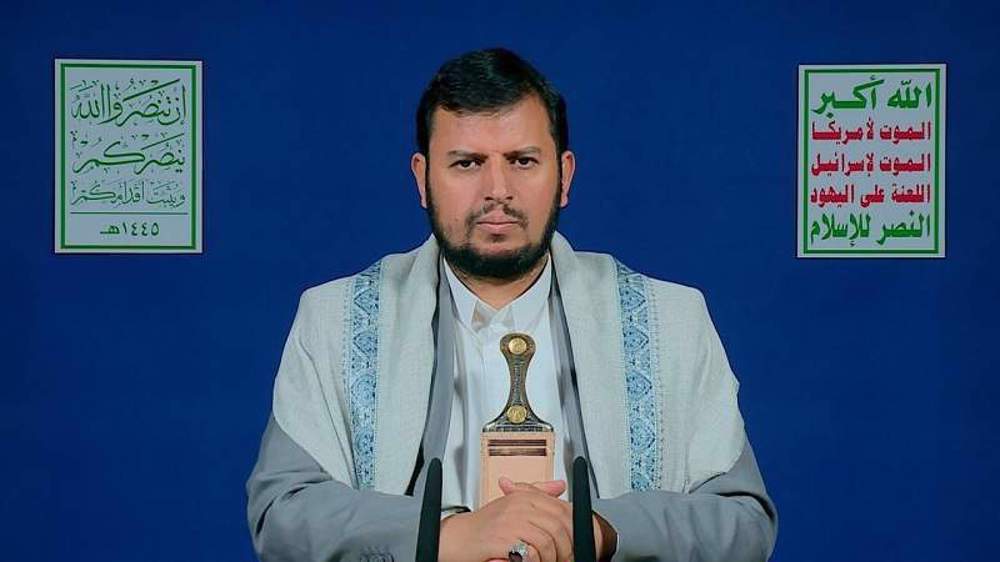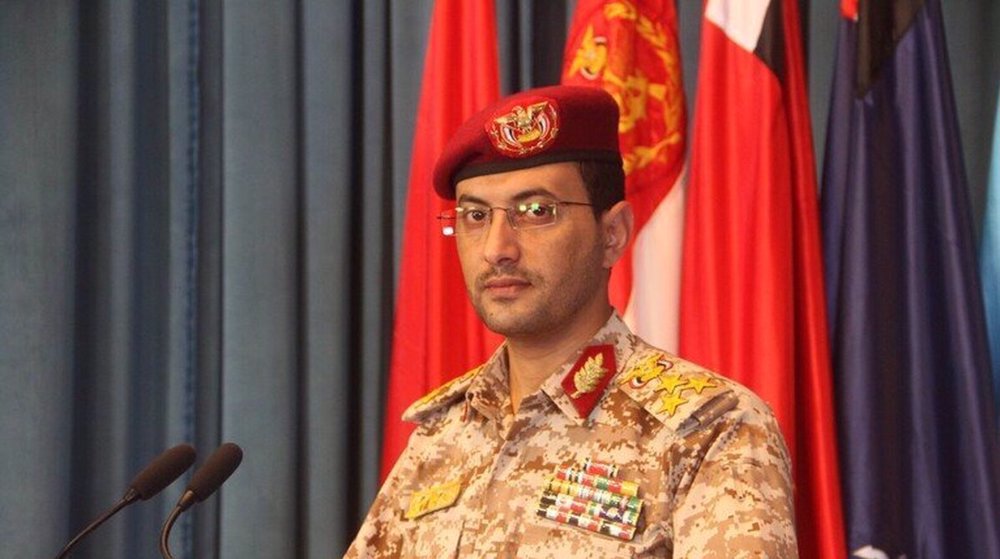Houthis, Saleh's GPC appoint governing supreme council
Yemen’s Houthi Ansarullah movement and the General People's Congress (GPC) party of the former president, Ali Abdullah Saleh, jointly appointed a governing supreme council Saturday to run the country.
The two groups officially announced in a joint statement issued in the capital Sana’a and carried by the official Saba Net news agency that they both have an equal share in the 10-member council.
According to the statement, the Houthis and the GPC will rotate the position of president and vice president, who will be chosen within the supreme council.
Among the appointed members are Salah al-Sammad, the head of the political wing of Ansarullah, and the deputy head of the GPC, Sadek Abu Ras.
Ansarullah and the GPC initially announced the formation of the council on July 28, two days before the Saudi-backed delegation loyal to the resigned president, Abd Rabbuh Mansur Hadi, pulled out of the UN-backed peace talks in Kuwait.
The supreme council will be tasked with managing “state affairs politically, militarily, economically, administratively, socially and in security” based on Yemen’s constitution, the two groups said.

‘Peace talks go into recess’
Meanwhile, UN Special Envoy for Yemen Ismail Ould Cheikh Ahmed censured the move, saying it would represent a “grave breach” of the UN Security Council Resolution 2216 on how to resolve the conflict in Yemen.
The UN envoy also announced that the peace talks would go into a one-month recess.
Talks between Hadi’s representatives and delegates representing Houthis and allies started in Kuwait City on April 21. The negotiations resumed on July 16, and they were suspended at the end of June.
The two sides of the talks have managed to agree on some proposals, including how to continue with the exchange of prisoners, but some stumbling blocks remain, marring efforts for a permanent solution to the conflict.
Hadi had earlier said he would not tolerate Houthis as part of any future government, reiterating that the Ansarullah fighters must withdraw from the cities they control and give up their arms.
The Houthis say they will begin to withdraw if someone other than Hadi takes on as the president to manage the transition in Yemen, a demand that was rejected by Hadi’s delegation.
US troops begin construction of controversial pier off Gaza
Israel ‘spoofs’ GPS signals, endangering flight safety amid Gaza war: Report
Iran urges Security Council to address 'belligerent' Israeli atrocities
VIDEO | Leader meets workers on Labor Week
French police called in to break up US-style pro-Palestinian student demo
VIDEO | US continues starving Syrians, stealing their resources
Yemeni forces strike Israeli ship, Port of Eilat in solidarity with Gaza
Columbia, Yale students bent on ending US support for Israeli genocide










 This makes it easy to access the Press TV website
This makes it easy to access the Press TV website